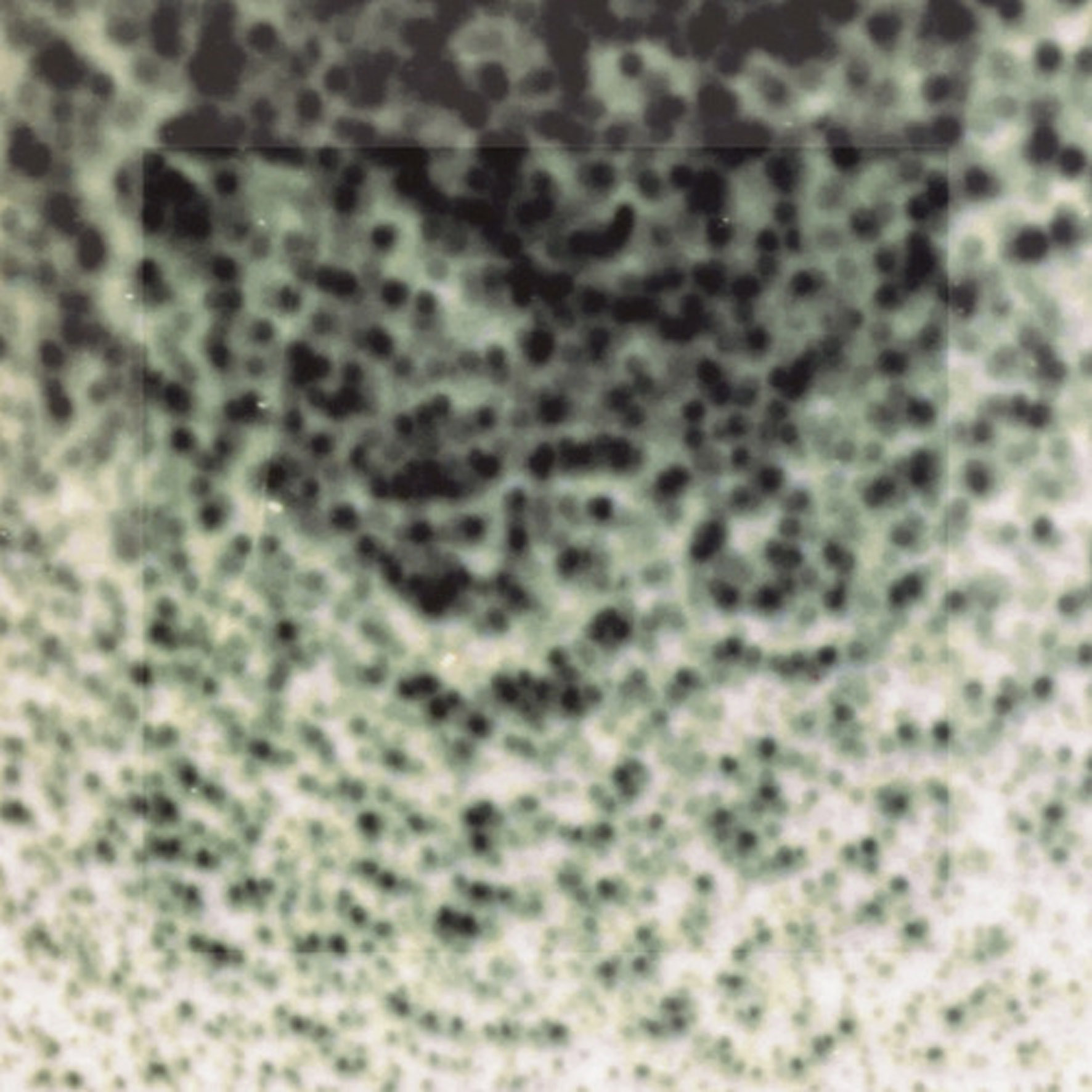Marble Sky
 Although Jeff Witscher is best known these days for his work as Rene Hell, he has actually been on the scene for quite a long time and has cycled through a number of both guises and styles.  One of his more beloved early projects was this one, which was reserved for his ambient drone work.  Unfortunately, most of Marble Sky's releases were only available as limited-run cassettes, so this collection of that rare material is quite a useful and timely one.  While there is probably nothing here that anyone will find stylistically revelatory in 2014, Witscher's execution is quite superb, striking the perfect balance between dreamy bliss and frayed, static-gnawed edges.
Although Jeff Witscher is best known these days for his work as Rene Hell, he has actually been on the scene for quite a long time and has cycled through a number of both guises and styles.  One of his more beloved early projects was this one, which was reserved for his ambient drone work.  Unfortunately, most of Marble Sky's releases were only available as limited-run cassettes, so this collection of that rare material is quite a useful and timely one.  While there is probably nothing here that anyone will find stylistically revelatory in 2014, Witscher's execution is quite superb, striking the perfect balance between dreamy bliss and frayed, static-gnawed edges.
The six songs assembled for this collection are culled primarily from Marble Sky's two "albums" that were originally released as cassettes on Witscher's own Callow God label: The Sad Return (2007) and Low God/Lady (2008).  That is a slight oversimplification, however, as Lady surfaced once before and an expanded version of The Sad Return was eventually issued on CD by Students of Decay, but the key thing is that this compilation is a solid assemblage of Marble Sky's greatest moments rather than a comprehensive, career-spanning overview.  I am perfectly happy with that, though anyone looking for a more complete picture will still have a handful of other tapes to track down.
For the most part, these six pieces are built upon warm, slow-moving and lush swells of synth chords, but only the lovely opening "Pulling Up Grass Under a Blanket" stays particularly restrained to that simple palette.  Even that piece presumably has some unrecognized elements at work, however, as its various dynamic high points feature distortion and oscillation that could have come from a guitar or a snarl of effects pedals.  Given Jeff's affiliation with the noise scene, it is probably safe to say that absolutely anything that sounded good was probably fair game.  "Dull Hue," for example, incorporates cloud-like swaths of shoegaze guitar roar into its crescendo, while other pieces feature endlessly sustained metal chords, a prominent patina of amp noise or tape hiss, sputtering static, or even an unexpected violin.
The best pieces, of course, are the ones that find the ideal balance between beautiful, dream-like reverie and Witscher's more caustic tendencies.  My favorite is currently Lady’s "Sunset on Low," which balances quavering organ-esque drones with an Angelo Badalamenti-indebted undercurrent of gently oscillating dread.  "A Shining Juniper" is similarly stellar–particularly the opening, as a wounded-sounding synth warble slowly emerges from a warm bass hum.  Later in the piece, Witscher unveils some neat textural laptop tricks, tweaking the synth motif from trebly shimmer to soothing white noise to warm, hollow swells before it all ultimately winds down.  Yet a third highlight is the aforementioned "Dull Hue," in which an achingly melancholy motif slowly and beautifully emerges from a layered bed of distortion and hiss.
As for the remaining pieces, they are generally quite good as well, though they do not grab my attention as much as some others.  Part of that is due to their length, I suppose, as both "What You Might Forget" and "Lea; Crossed Eyes" clock in around 15 minutes each.  "What You Might Forget" is a fairly drifting piece, as a heavenly chord progression slowly floats above an ocean of static and distortion without much change at all until the very end.  It does not necessarily need to change, as it is quite enjoyable as it is, but its amorphous nature inherently makes it a bit less striking than the more tightly composed pieces.  "Lea," on the other hand, is considerably more ambitious, passing through several different movements.  Unfortunately, several motifs (particularly the sustained distorted chord near the end) overstay their welcome, which causes the piece to drag a bit.  That is one of the perils of cassette culture, I suppose, as it is very tempting to stretch a piece to avoid leaving blank space.  Now that "Lea" is not filling the side of a tape, however, it just feels needlessly long.
That said, a piece like "Lea; Crossed Eyes" would probably be a near-highlight on many other drone albums–it seems lacking here solely because of the superior quality of its surroundings.  Aside from a few minor wobbles, this is probably one of the finer drone albums that will be released this year: Jeff Witscher circa 2008 was one hell of a craftsman and having all of his best Marble Sky work in one place like this makes for a wonderful and absorbing listen.  Certainly other artists have since surpassed this material in various specific ways since it was recorded, but few have succeeded in such a holistic way at riding the precarious line that separates straightforward drone from noise and heavier experimental leanings.  This is solid, meat-and-potatoes ambient drone done both distinctively and exactly right.
 



